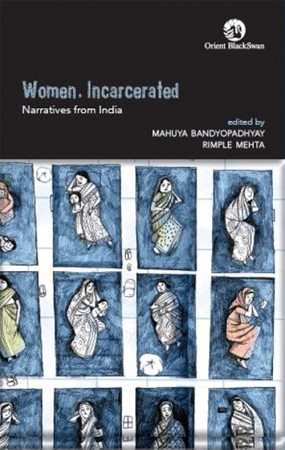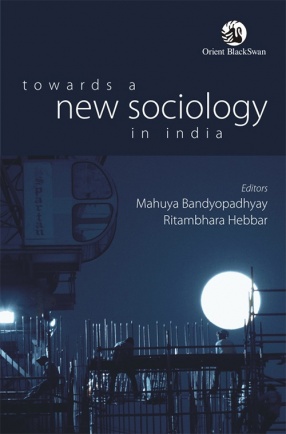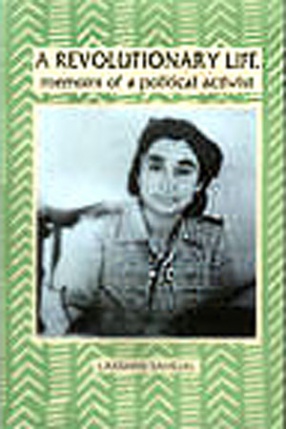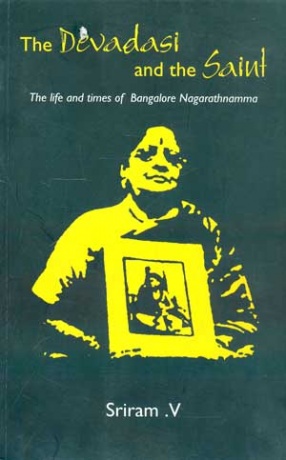Women, Incarcerated: Narratives from India
In the popular imagination, the female criminal/prisoner is a figure of curiosity and intrigue. Hidden behind male prisoners, partners in their lives and/or crimes, the female prisoner is made invisible, or she is memorialised a grotesque and demonic figure, one who has transgressed the legal, normative, and moral boundaries of social life.
Women, Incarcerated pierces through this invisibilisation/memorialisation paradox to shine the spotlight squarely on the lived experiences of women prisoners.
The book shows how the prison and the State act as extensions of the family and community in dealing with women seen as deviants. Through a focus on both the everyday and the extraordinary aspects of imprisoned women’s lives, the chapters narrate the experiences of exclusion, marginalisation, and violence in the lives of women prisoners. The book also highlights their negotiations with and resistance to penal power.
The volume also initiates, for the first time, a dialogue between researchers, practitioners, and activists to raise some critical questions: How is the prison as an organisation gendered? In what ways do the threat and the actual use of violence feature in the management, control, and treatment of female prisoners? Is it possible to trace narrative continuities between female prisoners' experience of prison life and their experiences outside the prison?
The book illustrates the collapse and remaking of everyday life in prison, revealed through narrative accounts focusing on the travails of women prisoners, the formation of meaningful relationships within prison, and how art helps to retain the dignity and humanity of prisoners. Such a dialogue can further enable collaborative reflections on building humane prisons.
Get it now and save 10%
BECOME A MEMBER








Bibliographic information
Rimple Mehta